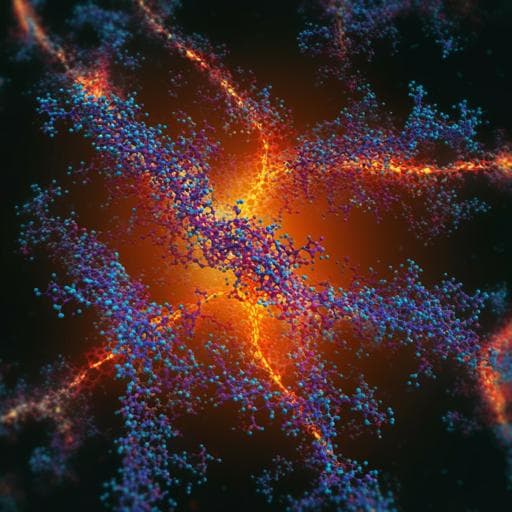
Biology
Machine learning-aided design and screening of an emergent protein function in synthetic cells
S. Kohyama, B. P. Frohn, et al.
This groundbreaking research by Shunshi Kohyama, Béla P. Frohn, Leon Babl, and Petra Schwille showcases a machine learning-aided pipeline that successfully designs and screens proteins with new functionalities using the MinDE system. It highlights a high-scoring variant that completely replaces the wild-type MinE gene in E. coli, revealing vast potential for engineering cellular functions.
Related Publications
Explore these studies to deepen your understanding of the subject.







